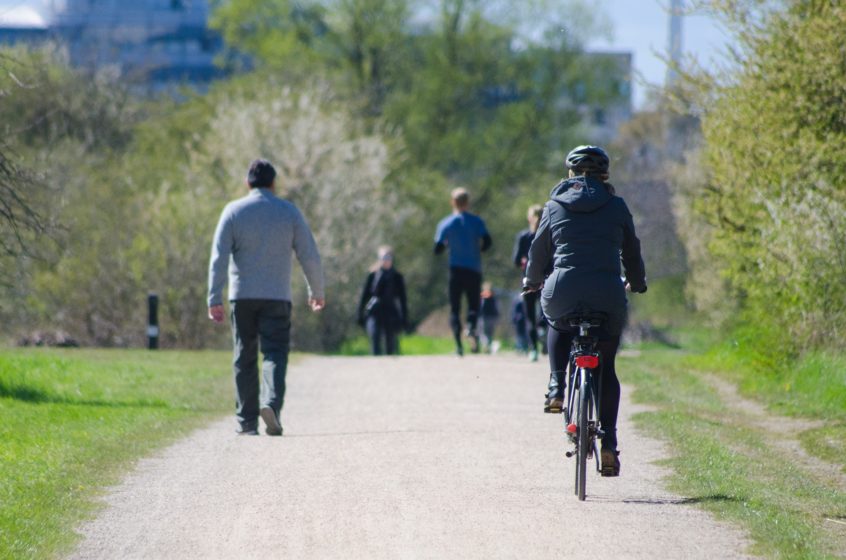The question is often asked, can a human being be physically illiterate?
This is not a straightforward question. There are three perspectives that can be taken, two result in a rejection of the notion of physical illiteracy and one supports there being a disposition we could call physical illiteracy.
Firstly, it could be seen as a non- question. In the paper ‘The Value of Physical Literacy (Whitehead, 2013), it was discussed that there is no fixed ‘state’ of being physically literate. It would follow from this that neither is there a fixed ‘state’ of being physically illiterate. Physical literacy is a disposition to capitalise on human embodied potential. Those who do not exhibit this disposition are simply not involved in this area of life. It is not that they are physically illiterate, but rather that they are not making any progress in respect of developing this human potential. From this perspective physical illiteracy does not exist.
Secondly, human embodied beings rely on movement potential to stay alive. For example, humans speak, breathe and blink. In addition, for example, humans walk from room to room, carry out daily tasks concerned with hygiene and nourishment and drive the car to work. In this sense humans rely on movement to stay alive. To be is to move. Physical illiteracy cannot occur in a living being. From this perspective physical illiteracy does not exist.
Thirdly, there is the perspective that physical literacy is a term attributed to capitalising on the human potential to move. In so doing, we interact with the world, learn more about the ourselves in the world and refine physical potential. As more is asked of physical potential, a human grows in self-mastery, becomes adept at interacting with the world and co-creates significant and rewarding experiences with the world. These experiences are often described as meaningful. They have the potential to add to the vitality, excitement and quality of life. In these situations it can be said that the individual has a positive attitude to physical activity and can be described as making progress on their physical literacy journey. From this perspective those who avoid any movement beyond the absolute minimum needed to stay alive and never ask more of their physical potential, could be described as physically illiterate. From this perspective physical illiteracy could exist as a recognised disposition.
** Footnote
It could be argued that the young child is insatiably drawing on physical potential in order to find out about the world and learn to live with others in the environment. It is likely therefore, that all children will be making progress, within their endowment, on their physical literacy journey. This natural embodied exploration needs to be nurtured so that it blossoms into the development of a positive attitude towards participation in physical activities for life. The challenge is to avoid the serious disenchantment with physical activity to the extent that an individual could be described as being physical illiterate.
MW
Whitehead, M.E. (2013). The Value of Physical Literacy. ICSSPE Bulletin – Journal of Sport Science and Physical Education, 65, 42-43.

